On Friday, the eleventh day of former President Donald Trump's criminal trial in Manhattan, former spokesperson Hope Hicks gave testimony about how the release of the infamous "Access Hollywood" tape caused alarm within Trump's 2016 campaign.
The tape was released by The Washington Post about one month ahead of the 2016 presidential election, in what was seen as an "October surprise" to scuttle public support. WaPo's headline described the conversation caught on a hot mic in NBC's parking lot during a 2005 filming of "Access Hollywood" as "lewd." This tape uncovered the now-infamous phrase, "grab 'em by the p****."
The tape caused a stir, incurring so much web traffic that WaPo's servers went offline for a short period on the day it was released, and the article's author would go on to receive the 2017 Pulitzer Prize for the reporting. Later, the tape would be used in E. Jean Caroll's defamation lawsuit against Trump.
Judge Juan Merchan ruled in March that prosecutors could question witnesses about the tape but found it prejudicial to play the actual video, which was included in the E. Jean Carroll trial. Merchan reaffirmed this ruling on April 15, allowing the content of the tape to be discussed but not be played to the jurors.
In a victory for the defense, the judge also ruled that the prosecution could not introduce evidence about sexual assault allegations against Trump that arose after the tape became public, labeling them as "complete hearsay." However, the judge allowed prosecutors to introduce emails following the tape's disclosure, showing efforts by Trump advisers to manage the fallout, which he deemed relevant to the case.
RedState previously reported Hick's testimony regarding the campaign's response to the tape:
She first became aware of the "Access Hollywood" tape after receiving an email from a reporter on October 7, 2016, seeking comment regarding it. She identified the email and it was offered into evidence. She testified that she was concerned about the contents of the email and the lack of time to respond. She forwarded the email to Kellyanne Conway and Steve Bannon, along with Jason Miller and David Bossie. She reviewed notes that she sent to other campaign leaders regarding the tape, which included a strategy of denial – "Deny, deny, deny."
The Trump campaign team was preparing for a debate at the time. She recalls that Trump was upset when he learned of the tape. He said it didn’t sound like something he would say, and wanted to see the tape to be sure. There was a consensus among the campaign that the tape was damaging and it was a crisis situation. Hicks also said while Trump didn’t want to offend anybody, she thought he felt like it was pretty standard stuff for two guys chatting with each other. She read back the campaign statement regarding the tape:
"This was locker room banter, a private conversation that took place many years ago. Bill Clinton has said far worse to me on the golf course – not even close. I apologize if anyone was offended."
Hicks was present as Trump’s video response to the situation was prepared. She recalls Republican leaders, like Paul Ryan and Mitt Romney, releasing critical statements regarding the tape.
It's important to remember that Trump is on trial for 34 counts of falsifying business records. He isn't on trial for using objectable language or for any kind of adult encounter. The charges are about bookkeeping and paperwork.
Harmeet Dhillon, RNC Committeewoman and legal expert, chimed in on the inclusion of the tape's transcripts and subject matter in the trial on Friday, writing:
The Access Hollywood tape literally has nothing to do with this case. Incredible.
The Access Hollywood tape literally has nothing to do with this case. Incredible. https://t.co/AFSg9HDt9R
— Harmeet K. Dhillon (@pnjaban) May 3, 2024
The scandal's inclusion in a case about business records comes on the heels of Merchan's rulings regarding the scope of questioning Trump would endure if he took the stand in his own defense.
I previously wrote about this for our VIP subscribers:
During a recent hearing, Judge Merchan determined that if Trump opts to provide testimony in his own defense, prosecutors will be allowed to question him about his other recent civil legal findings, including New York Attorney General Letitia James' case stating he violated state law regarding representing the value of his assets, and a separate defamation case brought by E. Jean Carroll, who alleged sexual assault.
Judge Merchan is allowing a considerable amount of sensational content into the trial, which could bias jurors against Trump and violate his rights as a defendant. The inclusion of irrelevant evidence may discourage him from testifying, and the trial appears to be a strategy to hinder his reelection to the White House. Paradoxically, the more biased the proceedings are, the stronger Trump's grounds for appeal become, potentially leading to a verdict's overturn.
Read More:
Should Trump Testify? How Harvey Weinstein's Appeal Can Create a Win/Win Scenario for DJT
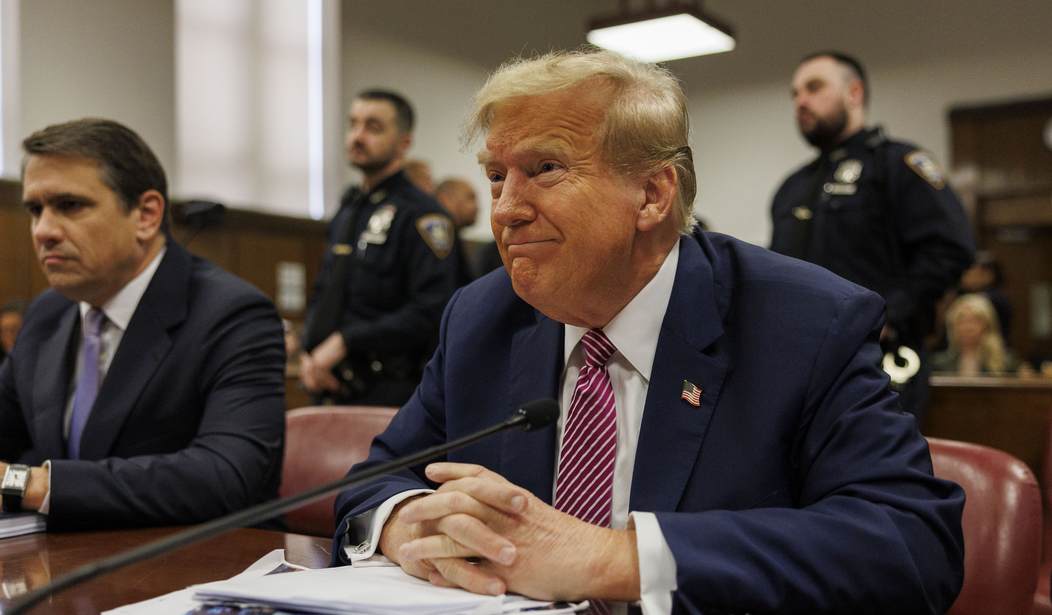
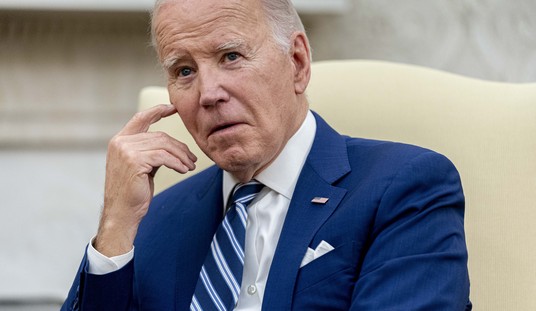
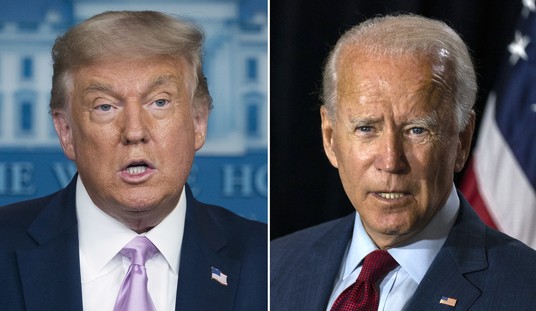
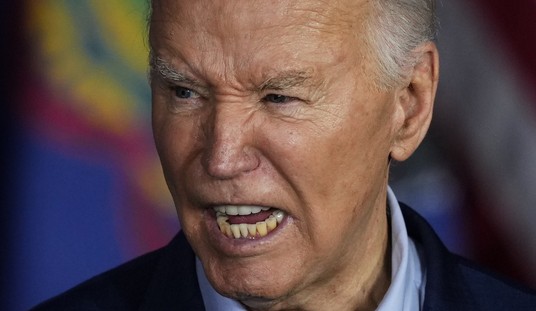

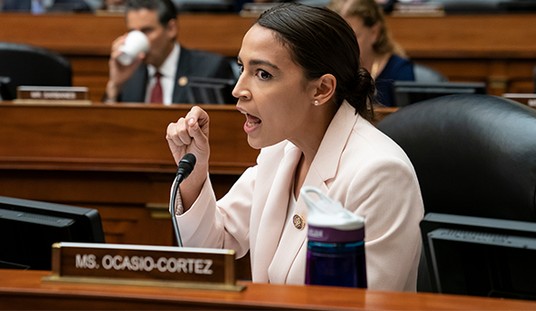
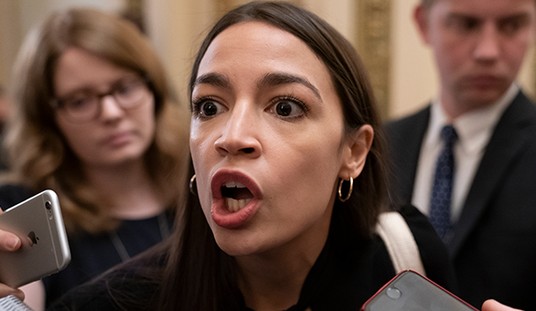
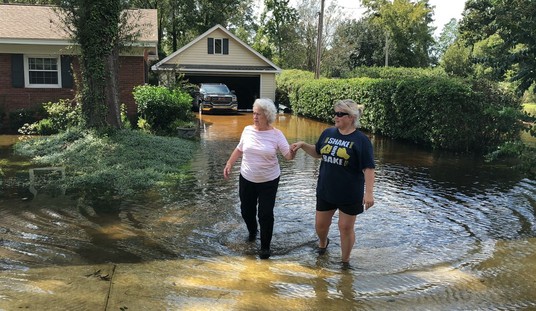
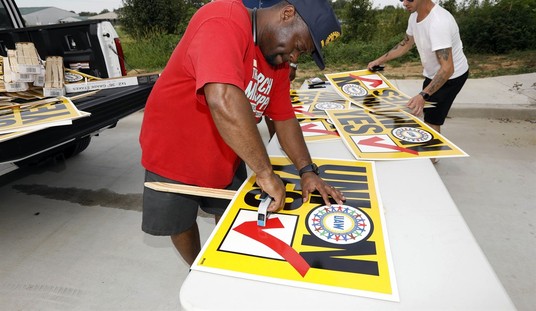



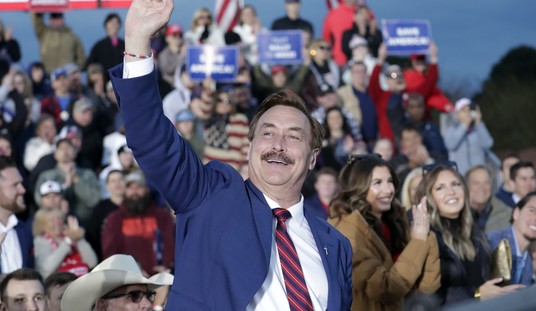
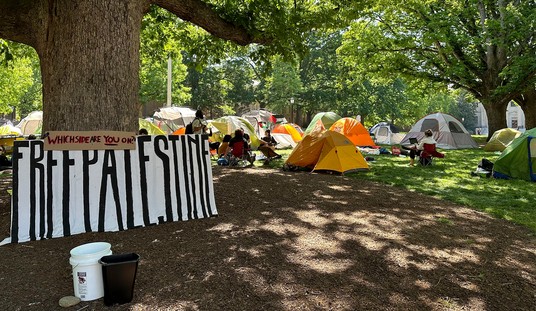
Join the conversation as a VIP Member